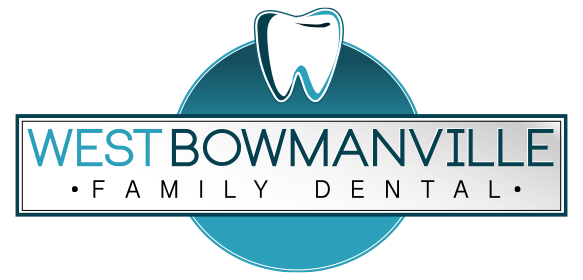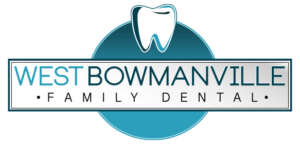While everyone will snore occasionally, more persistent snoring can be a sign of a common sleep disorder called sleep apnea. It is caused when the airway narrows or becomes partially or fully blocked during sleep, resulting in a pause in breathing or only taking shallow breaths.
What Happens When You Cannot Breathe Properly During Sleep?
When you cannot breathe freely, your body doesn’t receive enough oxygen. As oxygen levels decline, your body prompts you to wake up, so your airway opens, and you breathe freely again. When you awaken, it is often with a loud gasp or snort. Although you will awaken, it will be so brief that you won’t remember it. Unfortunately, even these brief awakenings are enough to prevent you from reaching a deeper and more restful phase of sleep and can occur multiple times a night.
How Can I Tell If I Have Sleep Apnea?
Snoring doesn’t automatically mean you have sleep apnea, and some people who have sleep apnea will not snore. One of the biggest signs is feeling excessively sleepy during the day, even though you know you should have had enough sleep. Another sign is waking up with a headache or with a dry mouth. If you have a sleeping partner, it’s worth asking them if they have heard you pause for breath or gasping for air during the night.
Although sleep apnea can affect anyone, even children, there are certain risk factors. One is being male, although the risk in women increases after menopause. If you are older, you are more likely to have sleep apnoea and having close family members with sleep apnoea may increase your risk. If you use tranquillizers or sedatives or have a drink, this can cause sleep apnea because the muscles in your throat relax, collapsing inwards, so you are less able to breathe freely. Smokers may develop sleep apnea because smoking increases fluid retention and inflammation in the upper airway.
Why Get Treated for Sleep Apnea?
There are many reasons for getting a diagnosis and treatment for sleep apnoea. It can increase the risk of heart problems or high blood pressure and the risk of developing insulin resistance and Type II diabetes. When you feel excessively sleepy during the daytime, it increases your risk of having an accident. Also, sleep apnea can affect sleeping partners or anyone who sleeps near you to become sleep deprived.
Getting Treatment for Sleep Apnea
If are worried about your snoring, we may be able to help you here at West Bowmanville Family Dental. Our Newcastle dentist might suggest you have a sleep study, where your sleep quality is assessed overnight. The study can determine if you have sleep apnea and its severity.
Mild or moderate sleep apnea cases can often be treated with an oral appliance that we can make for you here. A sleep apnoea appliance in Clarington is custom-designed to open your airway during sleep. It works by placing your lower jaw into a slightly forward position so that when you sleep, your throat muscles are less likely to collapse inwards and your tongue cannot flop backwards to block your airway. The device also helps to prevent snoring.
More serious sleep apnea may need a continuous positive airway pressure (CPAP) device, where you breathe in pressurized air during sleep using a small face mask. While highly effective, some people find a CPAP machine difficult to tolerate and might want to try an oral appliance for Courtice sleep apnea.

